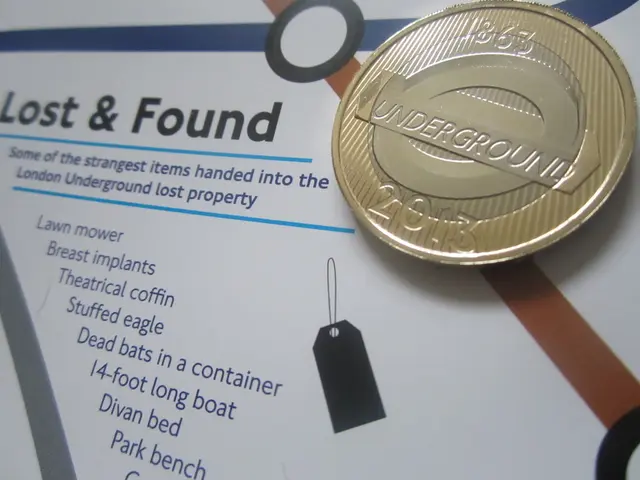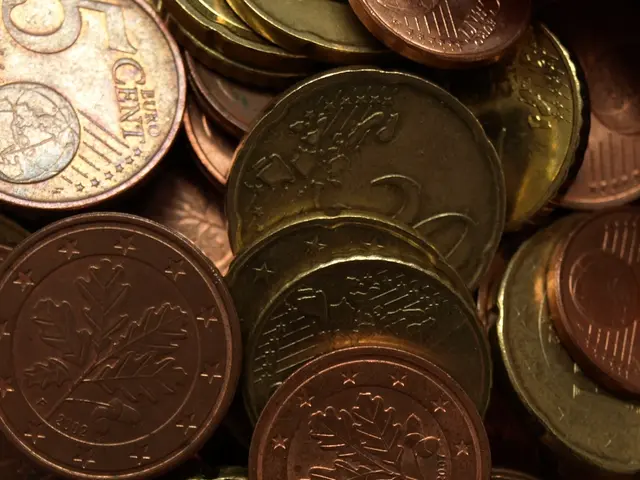Ghana Plans to Implement Blockchain Technology to Combat Illicit Gold Trade
Ghana is taking a significant step towards combating illegal gold exports and increasing transparency in its gold sector by implementing a blockchain-based gold tracking system. The system, which is one of Ghana's first large-scale blockchain applications in the mineral sector, is expected to bring about a robust, transparent ecosystem for gold export compliance.
The Ghana Gold Board (GoldBod) has introduced stricter regulations requiring all licensed gold buyers to issue official, GoldBod-issued receipts for every gold transaction. This mandatory receipt system aims to ensure transaction legitimacy and combat unregulated and illegal gold trade.
To complement this regulatory approach, Ghana and companies involved in the gold mining sector are adopting blockchain technology for end-to-end traceability. Each gold batch from licensed miners will have a unique digital code recorded on a blockchain ledger, providing a tamper-proof digital record of every step from mining to sale. This digital transformation uses IoT, AI, and real-time tracking technologies to optimize supply chains, reduce smuggling, and increase accountability.
The blockchain system supports a "mine-to-market" model, enabling traceability of gold bars or products backed by physical reserves. Projects like Blue Gold Limited are advancing tokenization and blockchain-based ecosystems that link physical gold production with digital ownership and finance mechanisms, which could reduce friction and increase transparency in gold ownership and transactions.
Enforcement is strengthened by nationwide taskforces and inspectors empowered by the new rules, ensuring compliance with receipt issuance and tracking measures. Violators face severe penalties such as license suspension or revocation.
The implementation of this system could potentially boost public investment in Ghana, as it aligns with broader digital transformation trends in Ghana and West Africa's mining sector. An anti-smuggling task force will be established to inspect, seize, and prosecute unlicensed gold shipments.
The Gold Board Bill, if passed, will establish a Gold Board to regulate pricing, buy gold from small-scale miners, and curb smuggling. The proposed Gold Board will be the sole buyer of gold from licensed small-scale miners, and a national database will be created to register all licensed miners.
The announcement was made by Sammy Gyamfi, acting Managing Director of the Precious Minerals Marketing Company. Ghana is estimated to lose $2 billion annually due to gold smuggling, and the blockchain system aims to address this issue by ensuring accountability in the gold sector.
In summary, Ghana's gold tracking system primarily involves a blockchain-based traceability and regulatory framework combined with digital and enforcement measures. This integrated approach creates a robust, transparent ecosystem for gold export compliance, reducing smuggling and increasing government revenue from the gold sector. The system is a step towards addressing the problem of gold smuggling in Ghana and is expected to stabilize the cedi and increase state revenue.
The Gold Board Bill, if passed, will establish a Gold Board that will regulate the gold sector, buy gold from small-scale miners, and curb smuggling, thus aligning the gold sector with Ghana's digital transformation trends.
Meanwhile, several companies in the gold mining sector are adopting blockchain technology, tokenizing gold and linking digital ownership with finance mechanisms, which could potentially boost public investment in Ghana and increase transparency in gold ownership and transactions.




